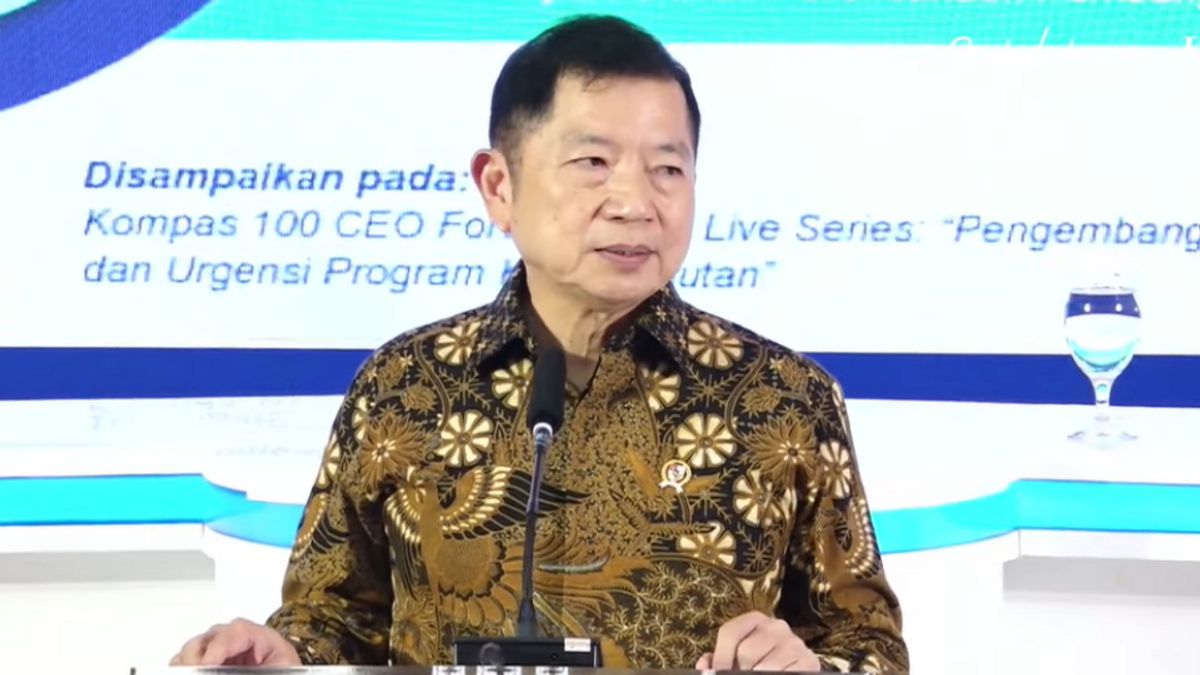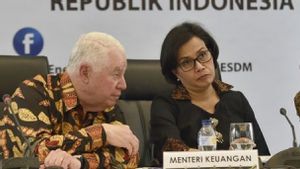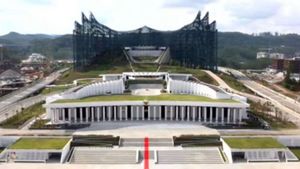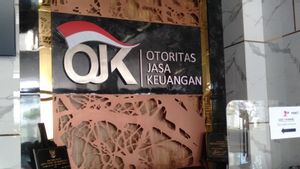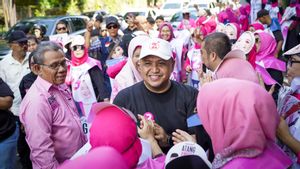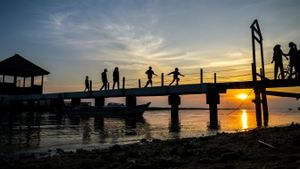JAKARTA - Minister of National Development Planning/Head of the National Development Planning Agency Suharso Monoarfa said the construction of the State Capital (IKN) in the IKN master plan was carried out in five stages of development until 2045.
For the initial stage, 2022-2024 is an initial phase of relocation. The first stage of development in this early stage is focused on the development and operation of basic infrastructure, which is the main for the population.
"Building main facilities, such as the presidential palace, offices, and housing in the Central Government Core Area (KIPP). Then, the initial transfer of ASN, including the TNI and Polri. Next, is the initiation of priority economic sectors," said Suharso in a working meeting with Commission II of the DPR RI at the DPR RI Building, Jakarta, Monday, August 21.
For the second stage in the 2025-2029 period, it is to build an IKN as a formidable core area.
"In the next stage, IKN development is directed at a wider, more resilient, more progressive scale with various achievements to strengthen the reputation of the world city for all in 2045," he said.
At this stage, public transportation facilities will be built, both primary and secondary. Then, there is an expansion of the ASN and TNI/Polri areas, as well as the central government offices, to further development and maintenance of infrastructure.
Next, the third stage in the period 2030-2034, the government will continue to develop IKN more progressively.
In this stage, integrated utilities and trains (KA) will be developed access to Balikpapan-KIPP Airport. There is also the development of industrial estates and other sectors in the superhub economic cluster, continued transfer of TNI/Polri personnel, to increasing investment and production capacity of economic clusters.
Then, in the fourth stage in the period 2035-2039, it is planned to build all infrastructure and three (3) to accelerate the development of Kalimantan.
Later, at this stage, there will be strengthening of social-culture resilience as well as increasing the capacity of educational institutions and research, increasing the capacity of basic infrastructure in line with increasing the number of populations.
There is also an increase in capacity and diversification of economic clusters and capable infrastructure in partner areas.
Furthermore, for the final stages in the 2040-2045 period, the government will strengthen the reputation of IKN as the "World City for All".
For this final stage, the government is expected to be able to develop road-based mass public transportation from trains in IKN and surrounding partner areas. Then, the establishment of integrated infrastructure and utilities, achieving net zero-carbon emissions and 100 percent renewable energy, to becoming the leading city in the world in terms of competitiveness.
SEE ALSO:
Even so, Suharso emphasized that the IKN development would be focused on the Central Government Core Area or KIPP first.
"The development of IKN in stage 1 is prioritized for development at KIPP and KIPP has a role as a central government planning area," he said.
Furthermore, said Suharso, with the area of the KIPP area which reaches around 6,669 hectares (ha), a development of 1,759 ha will be carried out.
As much as 61 percent are protected areas and the remaining 39 percent are cultivation areas that will be built on a mix use basis between central government offices and the application of the smart government concept.
The English, Chinese, Japanese, Arabic, and French versions are automatically generated by the AI. So there may still be inaccuracies in translating, please always see Indonesian as our main language. (system supported by DigitalSiber.id)
